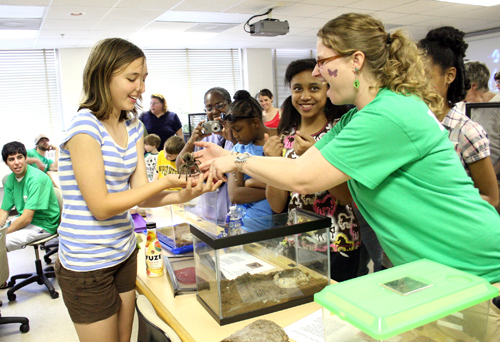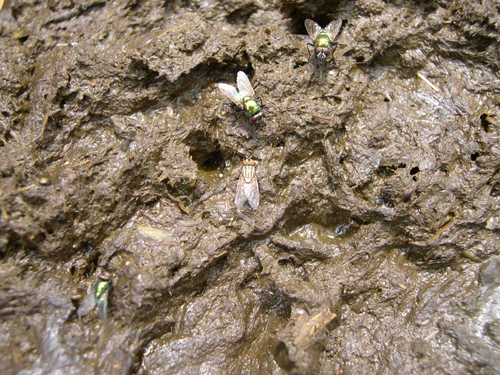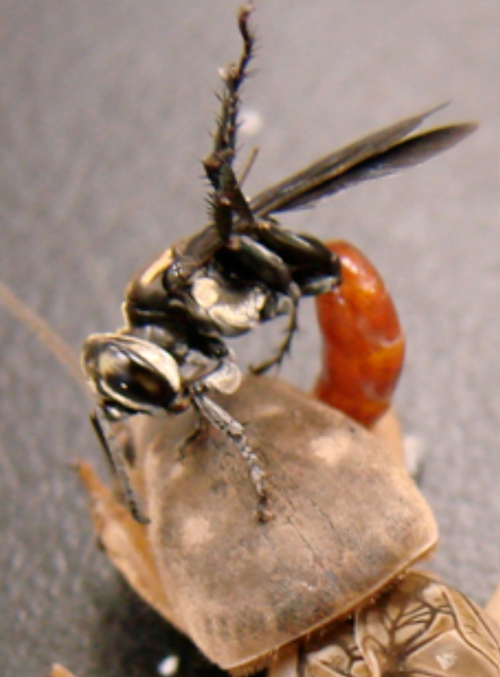 CAES News
CAES News
Invasive cogongrass
This spring marks the fifth year that the Georgia Cogongrass Task Force has been educating landowners and land managers about the risk cogongrass, a highly invasive Federal Noxious Weed, poses to our forests, roadsides, fields and natural areas across the state.

Small.jpg)




